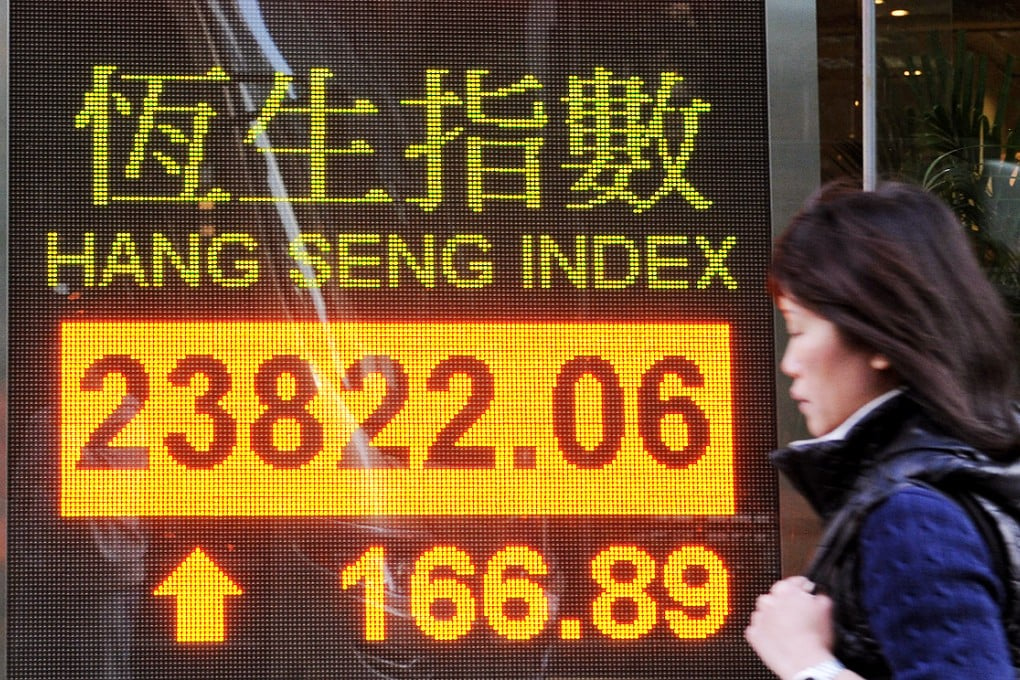A new chapter for the Hang Seng Index
If anyone wanted a quick guide to Hong Kong's history over the last 50 years, they could do worse than refer to the Hang Seng Index. That is how long it has been tracking the local share market, its highs and lows reflecting events that moved markets, making and breaking fortunes.

If anyone wanted a quick guide to Hong Kong's history over the last 50 years, they could do worse than refer to the Hang Seng Index. That is how long it has been tracking the local share market, its highs and lows reflecting events that moved markets, making and breaking fortunes. It is also a barometer of the city's economic evolution as well as having become increasingly important to its global profile and role as an international financial centre.
The Hang Seng was not published until 45 years ago, after being launched as an internal guide by Hang Seng Bank on July 31, 1964. Having been set at a base of 100 points, representing stocks' total value on July 31, 1964, it plumbed its all-time low of 58.61 points on August 31, 1967, before it was ever published. On its 50th birthday, the index closed more than 240 times higher than its base at 24,756.85.
It is still dominated, in terms of total listings, by traditional industrial and commercial companies, but those companies are now mainly focused on China. There's also now a greater component of finance firms, which make up the biggest weighting on the index. Without the Hang Seng, there would be no reliable international benchmark for China.
In 2007, the index rose past 30,000 thanks to the first "through train" proposal for mainland investors to buy Hong Kong shares, later dropped. The latest version - to allow direct, two-way share trading between Hong Kong and Shanghai from October - is more significant because it is part of China's agenda of capital market and international economic reform and a major step towards integration of the Hong Kong and mainland capital markets. This will consolidate Hong Kong's status as an international market. It will also lead to a range of new Hang Seng indices, which may include one to track price differences between stocks listed in both the city's H-share market and on the A-share board in Shanghai. It is already boosting stock exchange turnover in Hong Kong as investors position themselves for direct cross trading, and opening a new chapter in the Hang Seng's history.